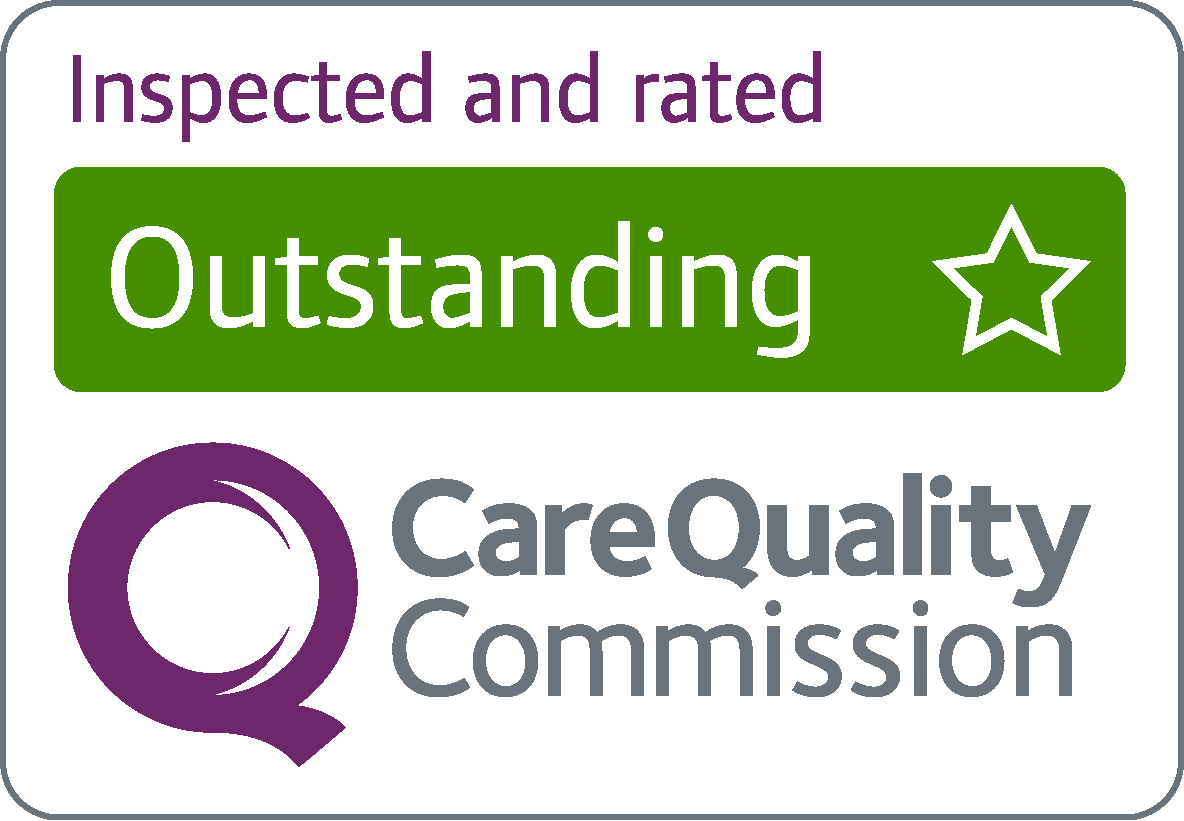Support for carers
Mental health matters
- It is normal to feel anxious during this uncertain time. Try not to watch every latest update of the Covid-19 news, this may contribute to your anxiety. Try and catch the news at a regular time each day instead.
- The NHS Every Mind Matters website has good advice and tips for coping with stress and anxiety whilst at home. Seek information that can help you take practical steps. https://www.nhs.uk/oneyou/every-mind-matters/
- The Alzheimer’s Society website has tips on how to look after yourself as a carer. https://www.alzheimers.org.uk/
Shopping and prescriptions
- Ring your GP & pharmacy to arrange for medication to be delivered for everyone in your household. Or for someone you are ‘helping out’ that may be living with dementia but do not live with you.
- Order online for food deliveries when possible, most leading supermarkets are putting deliveries for vulnerable people first.
Stay active
- Keeping active and purposeful when staying at home will help fight off boredom and frustration. It may also help the person retain skills and independence for longer.
- Keeping active is especially difficult during this current pandemic and it might help to think of new or less usual tasks around the home.
- As a carer, remember to involve the person in choosing what you do, and make it enjoyable, meaningful and based on their interests and preferences.
Staying connected
- Staying at home whilst caring for someone may make you feel isolated. Even though you cannot have visitors enter your home, other than healthcare professionals, you should maintain contact with as many people as possible. This could be via telephone or video call services like Skype or Zoom. These regular conversations for the person living with dementia may help them retain their language skills for longer.
- The Alzheimer’s Society’s online community Talking Point is a good place to start. There are different areas for meeting people in similar situations to you including a new area for conversations, queries and discussions about coronavirus.
Develop a routine
A daily routine will make staying at home easier. It can help the person know what to expect on a given day and feel less anxious, especially if they are worried about everything in the news. Try the following tips:
- Put a regular schedule in place – you might find it easier and more reassuring to do things at the same time each day or week, try to arrange activities for then.
- Keep things straightforward – simplify your routine or daily tasks to make them more manageable.
- It might not be possible to follow the person’s routine, for example, if this usually includes several daily walks. Try to look at alternatives based on what the person particularly enjoys – whether that is exercise, fresh air, flowers or hearing birdsong.
- Take things one step at a time – try to focus on one thing at a time and break each task down into smaller steps.
Know where to go for help
- Make a list of key professionals and their contact details and keep it somewhere obvious.
- Store their numbers on your phone if you can. This will stop you having to find contact details at a time when you may well feel stressed or unwell.
- If you don’t receive support at home, you may not know what is available. You may not feel the need to plan now but prepare anyway – it will be reassuring for everyone in case you need more help. You can:
- Make a note of your local authority’s social services department.
- Find out about private care agencies in your area, should you need some extra support at home – search the dementia directory check which local shops or take-aways offer home delivery, or ‘meals on wheels’ delivery services near you, or near the person you are supporting.
- Make a note of the Alzheimer’s Society phone support number.
If someone in your house falls ill
- It’s a good idea to pack a bag just in case you or the person with dementia needs to go to the hospital. Include things like pyjamas and toothbrush, a list of their medications, contact details of people in case of an emergency, and anything that sets out their advanced care wishes.
- You can also fill in a copy of ‘This is me’ – a simple form that will help nursing and care professionals to understand and provide care for the person. Ensure this is placed in the hospital bag alongside a prioritised contact list, and advance care plan.
- If anyone in the household gets symptoms of COVID-19 (a high temperature, persistent new cough) you should use the NHS online coronavirus service, or call 111 or your GP surgery for more help and advice.
Resources:
Coronavirus: Information for people affected by dementia: https://www.alzheimers.org.uk/get-support/coronavirus-covid-19
ADI offers advice and support during COVID-19: https://www.alz.co.uk/news/adi-offers-advice-and-support-during-covid-19
If you care for someone with dementia but can’t continue because you have symptoms yourself, contact your local authority. Be honest about what the person can and cannot do without you, and what risks they may face without your support. The local authority should be able to help until you are feeling better.

